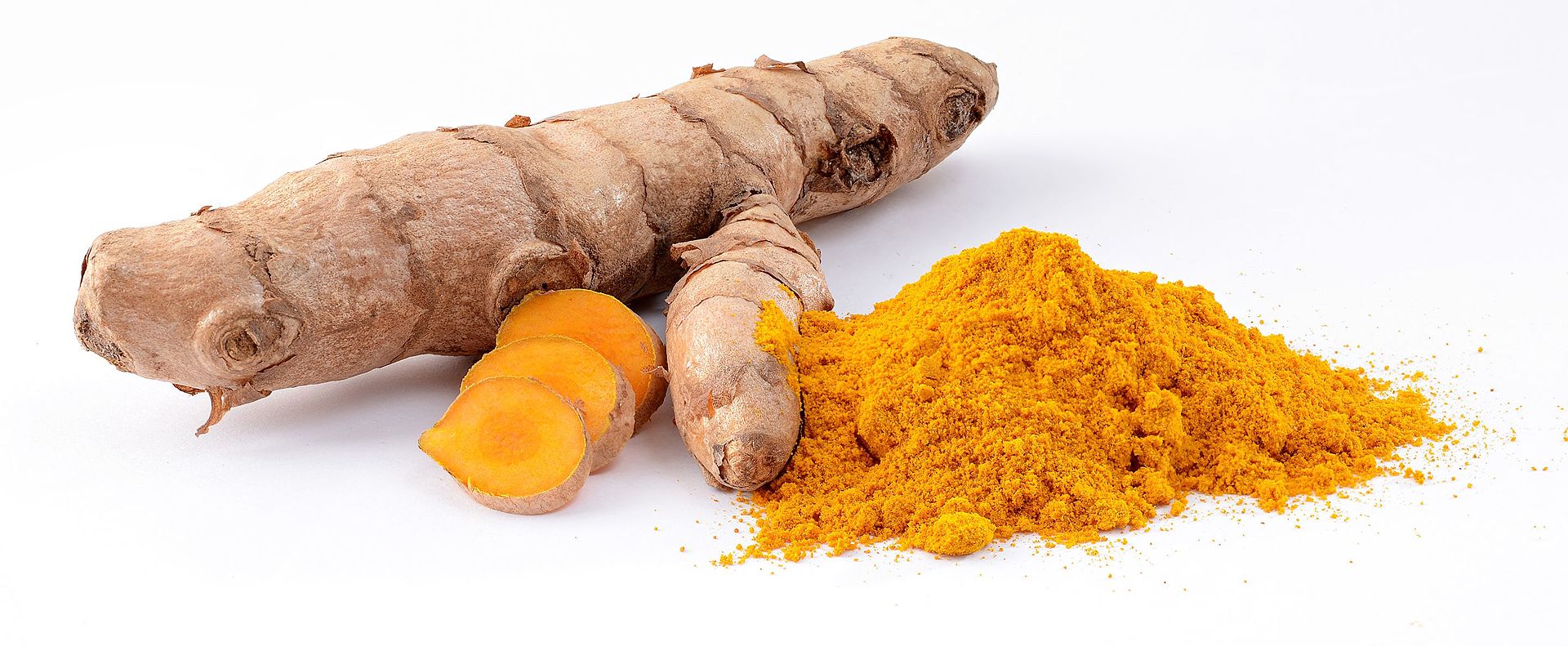The Powerful Health Benefits of Curcumin
My A1c (a marker of blood sugar control and inflammation) has dropped significantly from 5.8 to 5.3 by using a nutritional ketogenic diet and targeted supplements like curcumin and others. I also raised my HDL (good cholesterol), by a whopping 10% in 3 months. Not bad for what is still considered a powerful, tasty little spice! Curcumin is the active constituent in turmeric that gives this potent anti-inflammatory effect and helps to regulate blood sugar spikes.
Tumeric Powder or Tumeric Extract?
Most clinical studies, however, have not used turmeric powder, but turmeric extract. Only about 3% of the weight of turmeric powder is curcumin and “curcuminoid” compounds — which are believed to be important to turmeric’s effects. In turmeric extracts, the concentration of these is often increased to as high as 95% (like the one I use.)
Therefore, it is not unusual for a capsule containing half of a gram of turmeric extract to provide 400 mg of curcuminoids, while the same amount of turmeric powder (ground herb — just like the spice) might provide only about 15 mg. In fact, many studies have found that capsules of turmeric “herb” (not extract) from a well-known supplement brand contained only 3 mg of curcuminoids per capsule. Many brands of turmeric supplements contain a combination of extract and herb, and the ratio will greatly affect the amount of curcuminoids you get, so be sure to check the amount of curcuminoids in your supplement.
Take Tumeric with Fats to Increase Absorption Rate
Taking turmeric with fats will greatly increase the absorption rate. This is because curcuminoids in the turmeric are lipophilic (they attach to fats). You should take turmeric supplements with meals for this reason and/or choose a supplement which includes a bioavailability enhancer (Bioperin for example, a high-potency, patented black pepper extract). This is the supplement that I most often use with clients, because each batch is pharmaceutically produced and tested for quality and purity.
Tumeric Extract Less Likely To Contain Heavy Metals
Another advantage of taking turmeric extract rather than turmeric powder is that extracts are less likely to be contaminated with heavy metals, such as lead, and do not contain the filth (insect parts and rodent hairs) normally found to varying degrees in the powders.
Recently, five popular brands of ground turmeric spice products were tested for purity, and the results were alarming. Several contained large numbers of insect parts, (extra protein—ewww!), which suggests unsanitary storage, and one “organic” product contained a whole insect larva!
I would rather have that than the heavy metals, however; because several products were found to be contaminated with small amounts of the toxic heavy metals lead and cadmium.
Some of the many conditions for which curcumin has proven to be effective:
- diabetes
- ulcerative colitis
- arthritis
- psoriasis
- depression
- cognitive dysfunction
- fatty liver disease
- diabetic neuropathy
- anti-inflammatory and anti-oxidant therapy
- nephropathy
- vascular disease
- pancreatic disorders
Curcumin can be used effectively in the following manner:
Preventative – Usually a low dose is taken as long as needed or indefinitely.
Curative – A curative dose is typically much higher than a preventative one and is used for a specific diagnosis. A large dose is not to be taken regularly and should be guided by a health-care professional.
Ideal Turmeric Dosage
Depending on the reason you are using this herb and the form in which you take it, the dosing for turmeric will change. But here are some general guidelines from some well-established health professionals and institutes.
According to the University of Maryland Medical Center, the following are standard doses for adults:
- 400-600 mg curcumin (standardized powder), 3 times daily
- (1:1) 30-90 drops fluid extract, daily
- (1:2): 15-30 drops tincture, 4 times, daily
According to WebMD, the following turmeric dosages are required for each specific ailment:
- Upset stomach: 500 mg of turmeric, four times daily
- Osteoarthritis: 500 mg of a specific turmeric extract that contains 95% standardized powder, twice daily
- Rheumatoid arthritis: 500mg of curcumin extract that contains 95% standardized powder, twice daily
According to Dr. Andrew Weil (An integrative physician who primarily treats cancer):
- Cancer: 400-600 mg curcumin (standardized), 3 times daily
The dosing instructions can also vary in cases, depending on whether you are in an acute stage, where you are in severe pain, for instance. In such a case, you may need a higher turmeric dose for a few days to get things under control until you are feeling better; then the standard dose would be suggested.
How Much Turmeric for Cancer?
Week 1: Start with a small dosage of 1 gram of curcumin per day. If you see no side effects, take it for a week and proceed to dosage of week 2.
Week 2: Increase the dosage of curcumin to 2 grams/day. Again check for any problems or side effects. If everything looks fine, take it for a week and proceed to dosage of week 3.
Week 3: Double the dosage again to 4 grams/day. Again, if things look fine, continue for a week and go to the final step.
Weeks 4-8: Double a final time to 8 grams/day. Continue this dose for 5 weeks.
Possible Side Effects of Large, Long-Term Turmeric Doses
- Turmeric can lower blood sugar; therefore, diabetics and hypoglycemics should consult their doctor before taking.
- In high doses, turmeric lowers blood pressure; therefore, do not take it with herbs that have a similar effect or with drugs such as anti-hypertensives that artificially lower your blood pressure.
- Do not take turmeric if you are taking cholesterol-lowering medications, as turmeric also lowers LDL (bad) and raises HDL (good) cholesterol and can boost the effect of these drugs.
- Turmeric is a natural blood thinner and should not be taken in conjunction with blood thinners such as warfarin, coumadin, clopidogrel, or aspirin, or with herbs such ginkgo biloba or garlic, all of which have blood-thinning properties.
- Stop taking turmeric at least a week prior to surgery, as turmeric thins the blood and can make it harder to stop bleeding during medical procedures.
- Turmeric can cause nausea if taken on an empty stomach.
- People having problems with the gall bladder or gall stones should avoid therapeutic doses of turmeric, as it increases bile production.
Turmeric is very safe, in general. Side effects rarely occur and usually only when extremely high turmeric doses are taken for very long periods of time.
As such, if you are taking high doses, you should consult your health practitioner, especially if you will be taking it long-term.
Sources:
Photo By Simon A. Eugster – Own work, CC BY-SA 3.0
https://umm.edu/health/medical/altmed/herb/turmeric
Web MD/Vitamin Supplements/Tumeric
Tumeric for Health/Tumeric Dosage for Cancer

